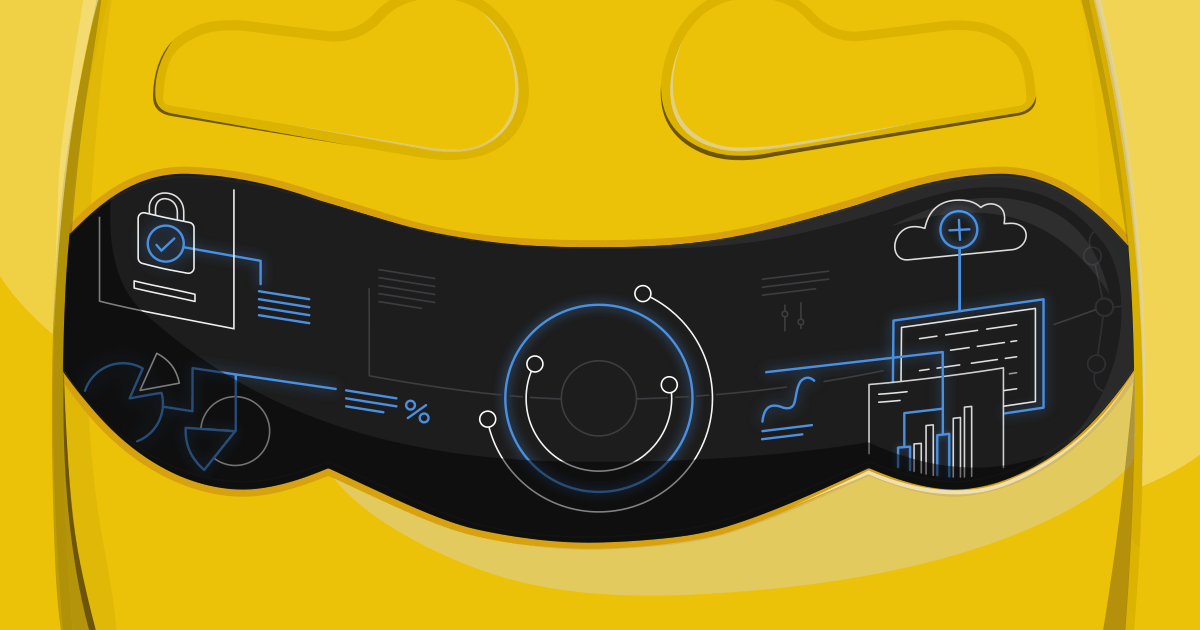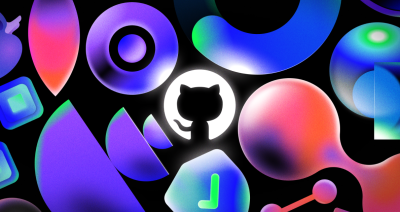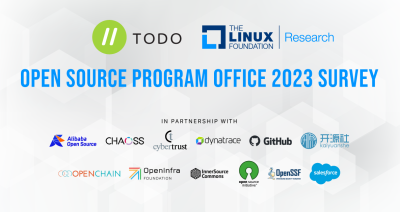GitHub’s technology predictions for 2018
2017 has been the year of artificial intelligence and machine learning. The advancements here will continue for years to come—but what can we expect in 2018? Data is on the…

2017 has been the year of artificial intelligence and machine learning. The advancements here will continue for years to come—but what can we expect in 2018? Data is on the rise, placing an even greater emphasis on security, cloud, and open source. Jason Warner, SVP of Technology, shares his predictions on the major technology trends for 2018.
Data will rule all
Over the last several years, Cloud 1.0 has been about computing in big clouds, while Cloud 2.0 is all about data. This includes data movement and the tools and services that support it, like analytics and machine learning systems. Today all companies are data companies, whether they know it or not. In 2018, so long as teams know how to use it, data will become their greatest asset.
The workflow war will heat up—and so will mergers and acquisitions (M&A)
The pressure is on for businesses to capture developers’ attention and expand the cloud ecosystem. Mergers and acquisitions will heat up as big tech companies snatch up smaller ones focusing on the developer experience, solving infrastructure problems, and building better workflow tools. At GitHub, we’ll have a crucial role in integrating development platforms between these companies.
Open source will keep climbing the stack
A decade ago, Linux was a big deal. Now it’s standard. Back in the day, companies like Amazon, Google, and Microsoft were forced to build their own, proprietary tools because no other software existed to meet their needs. Many of these frameworks have since been open sourced—and other open source technologies, like Kubernetes, are becoming integral to developers’ workflows. This shift is changing what companies are investing in, making open source software traditional software’s biggest competitor.
Infrastructure will have its Ruby on Rails moment
New tools will help developers get their ideas to production faster and save them time turning knobs under the hood. With applications taking some of the infrastructure burden off developers, they’ll be free to focus on the stuff they care about most—building, growing, and evolving their projects and products.
Security will move into the spotlight, permanently
Security needs to be built into code development, not added in production. Many of the world’s critical systems still aren’t hardened enough—and their surface area is only getting bigger. The steady stream of malware attacks we saw this year will only become more frequent. As a result, we’ll start to see significantly more financial and development resources allocated to security. We’ll also see the rise of more intelligent systems, eventually culminating in a series of automatically secured layers.
Our free and open internet will be stress tested
The fragility of net neutrality and the rise of country-specific data localization laws will undoubtedly test the resilience not only of the internet—but also the fabric of global society and how businesses work together worldwide. 2018 will decide the future of net neutrality, and we’ll feel the impact no matter the outcome. In the meantime, join us in the fight for net neutrality in the U.S. before the FCC votes on December 14.
Written by
Related posts

Apply now for GitHub Universe 2023 micro-mentoring
As part of our ongoing commitment to accelerate human progress through Social Impact initiatives, we’re offering students 30-minute, 1:1 micro-mentoring sessions with GitHub employees ahead of Universe.

The 2023 Open Source Program Office (OSPO) Survey is live!
Help quantify the state of enterprise open source by taking the 2023 OSPO survey.

Godot 4.0 Release Party 🎉
We are delighted to host the Godot 4.0 Release Party at GitHub HQ on Wednesday, March 22 from 6:30 pm to 9:30 pm. And you’re invited!